Our faculty and students study human diversity and distinctiveness through time and across the world in a comparative framework in an effort to reveal and understand the complex but organized diversity that has shaped the human condition, past and present. The research questions we investigate and the methods we use span the humanities, the social sciences, and the biological, cognitive, and evolutionary sciences.
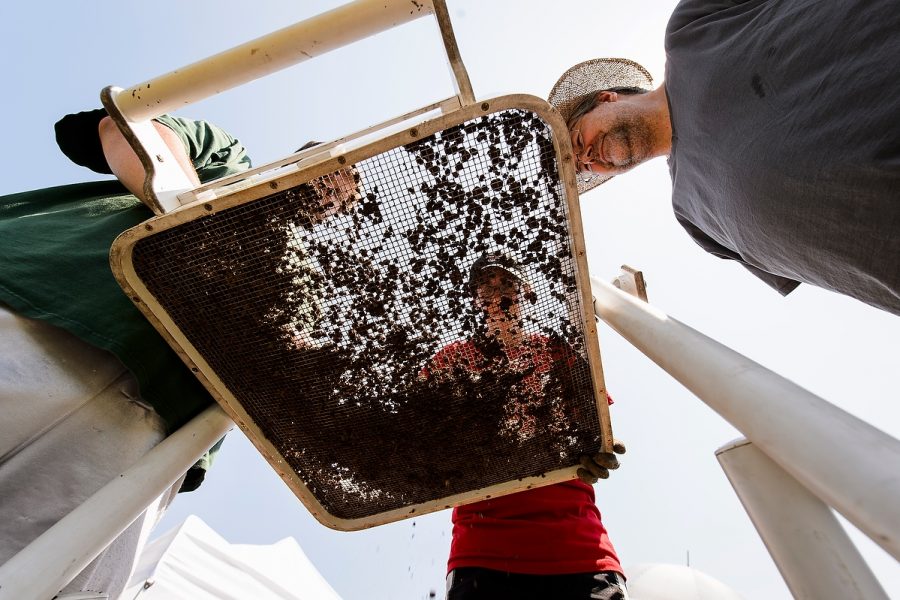
Archaeology
Archaeology provides the tools to discover material fragments of ancient history and piece them together to illuminate the stories of past peoples. An accurate understanding of the past is critical for developing a better present and future.
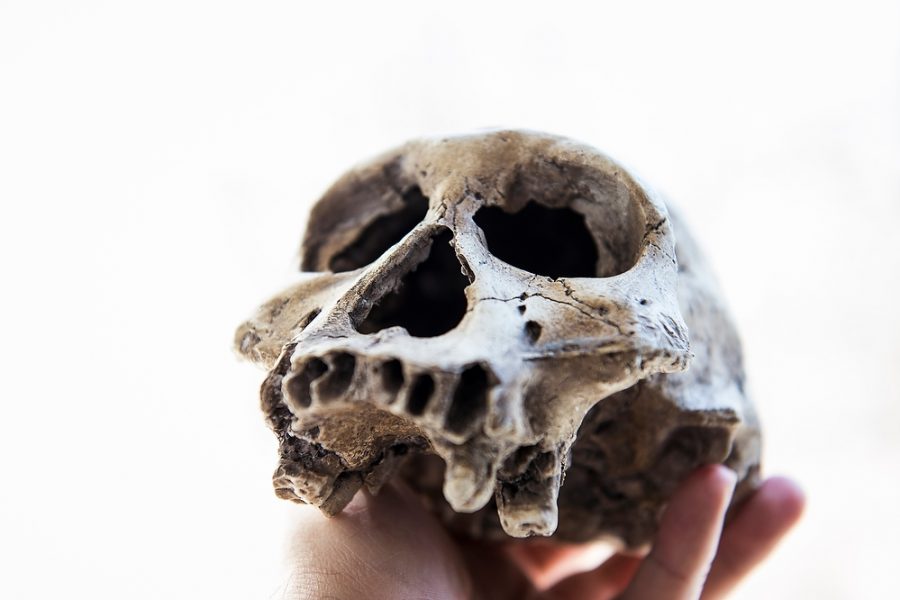
Paleoanthropology
Some of our biological anthropologists investigate human origins in the fossil record of Africa, studying everything from the origins of bipedalism and fire to taphonomy and site formation processes.
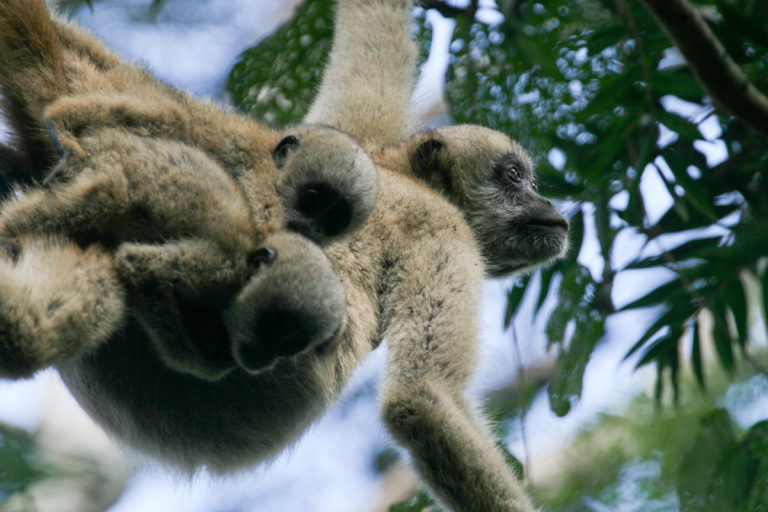
Primate Behavior
Some of our biological anthropologists study the behavioral ecology of living primates from a comparative perspective to better understand the evolutionary history and diversity of our closest non-human relatives.

Anthropology of Music and Sound
What is music in different cultural contexts? What does music mean to the people who create and perform it? What does music mean to the audiences who listen to it? These are the kinds of issues that ethnomusicologists study.
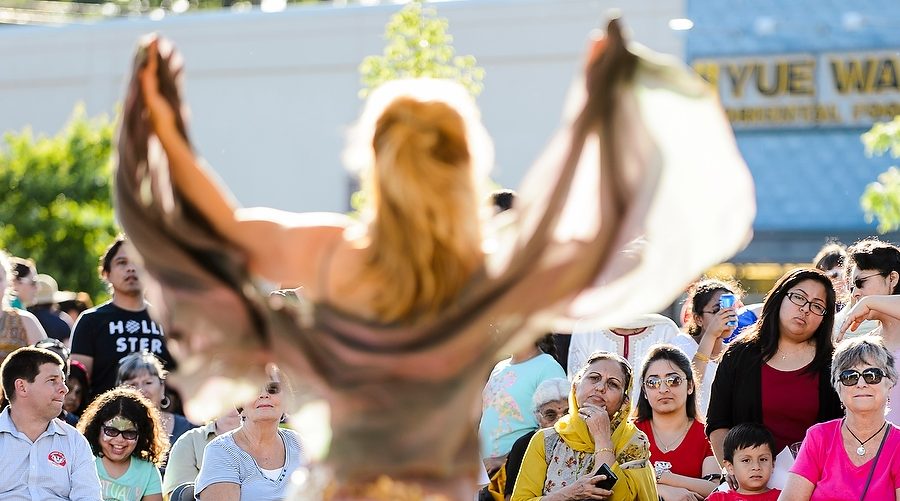
Cultural Anthropology
Cultural Anthropologists engage in the comparative study of society, politics, economy, and culture, whether in historical times or in our contemporary moment.
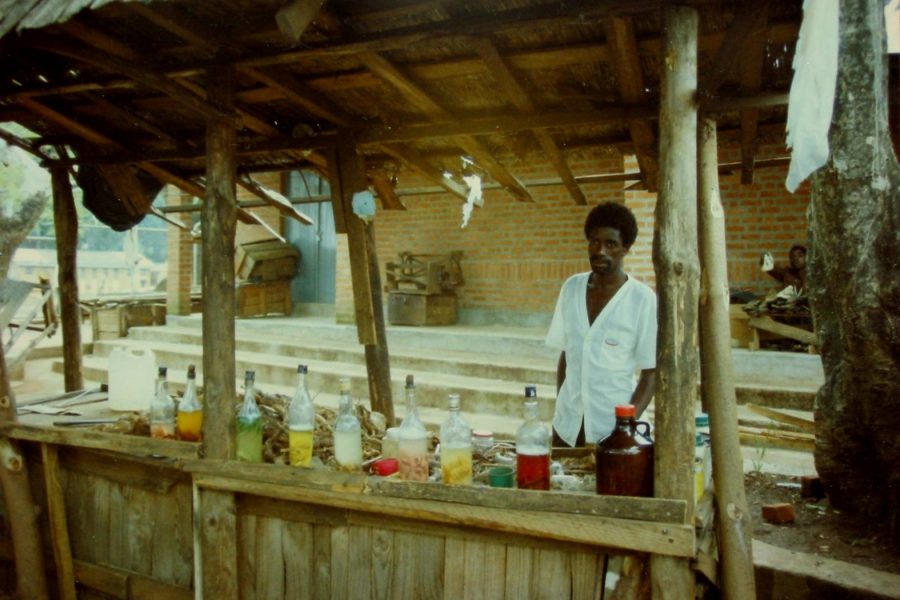
Medical Anthropology
How are health and disease viewed in different cultural contexts? How do people in different places experience illness and healing? How does cultural context shape health care practices? These are some of the questions pursued by cultural anthropologists who specialize in medical anthropology.
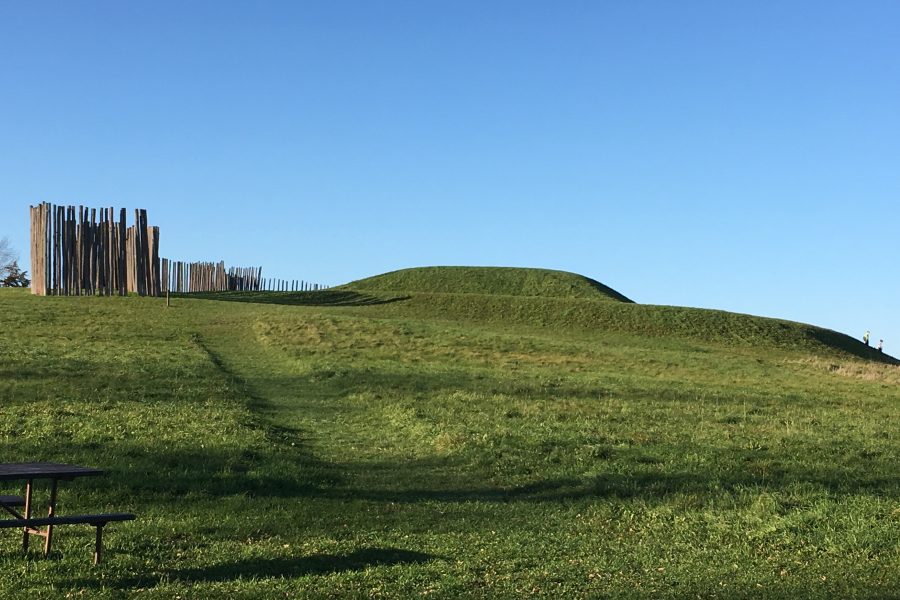
Social Violence and Warfare
Why do violence and warfare seem to be ubiquitous in the contemporary world and in our recent history? Is it a product of modernity or does it have deeper roots? We investigate diverse anthropological datasets from archaeological, paleoanthropological, ethnographic, and primatological studies, to suggest that organized violence and coercive power were important factors at various times throughout humanity's deep and more recent past.
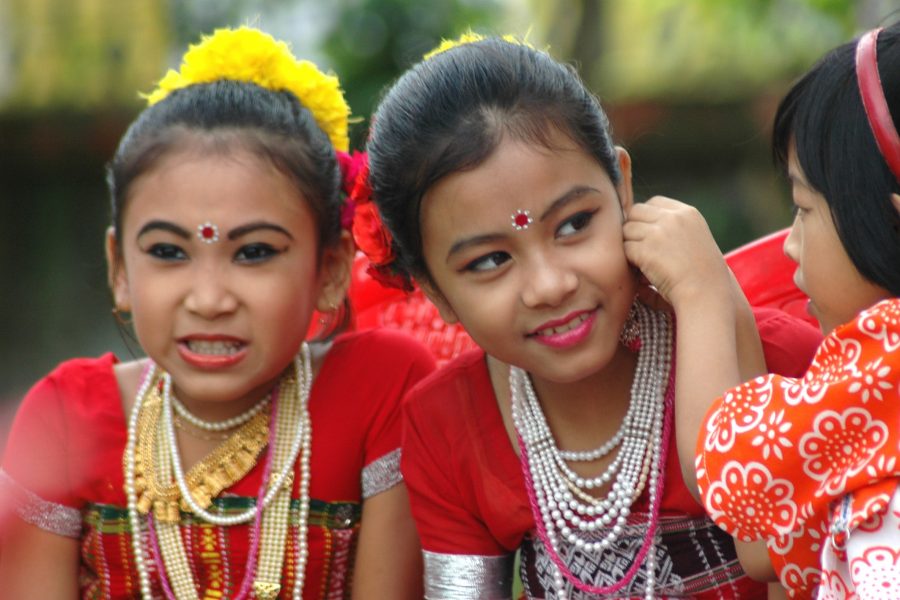
Identity
How are identities constituted in the present and the past? How are landscapes, artifacts, sites, and human remains woven into national narratives of the past? How does the past shape present-day notions of ethnicity, identity, boundaries, and other considerations? We study these questions at local and national scales using multiple lines of research.
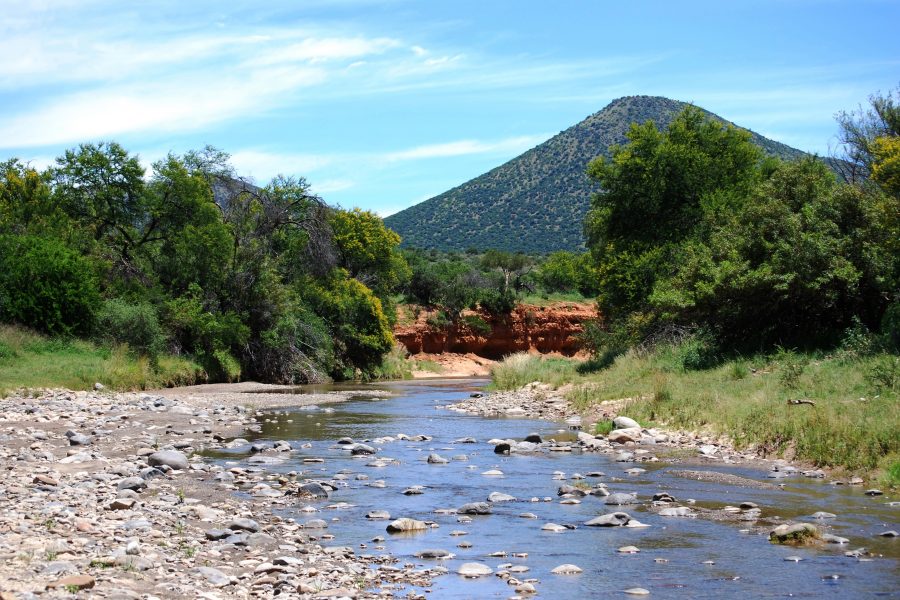
The Environment
What is the nature of the relationship between humans and the natural environment in which they live? How have human activities impacted the environment? How can we conserve and sustain ecological diversity in an era of globalization? How do societies determine who has access to the land or to key resources? Many of our faculty are interested in a variety of issues related to the environment and ecology.
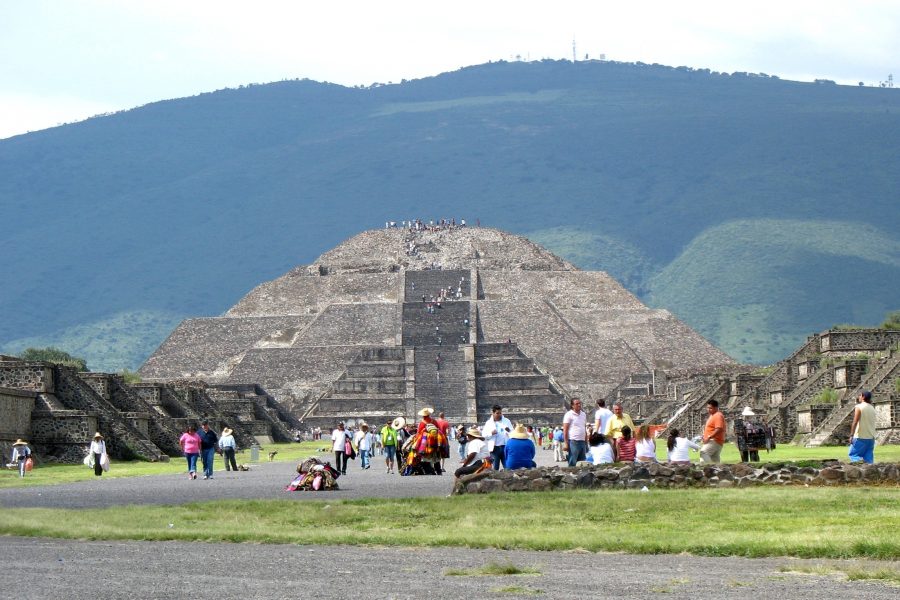
Early Urbanism
What was city life like in the ancient world? How did the world’s first cities develop? Archaeologists at UW-Madison investigate these questions at some of the earliest major cities and most fascinating archaeological sites around the world. We explore how urban growth transformed surrounding landscapes, identities, and ways of life, as well as the reasons why ancient cities were abandoned and their legacies for future generations.

Evolution of Human Diet
How do humans and our ancestors interact with their local environments to procure food? Why are there so many different approaches to subsistence around the world? What is the meaning of food in different cultural contexts? We study diverse aspects of human subsistence practices in the past and present.
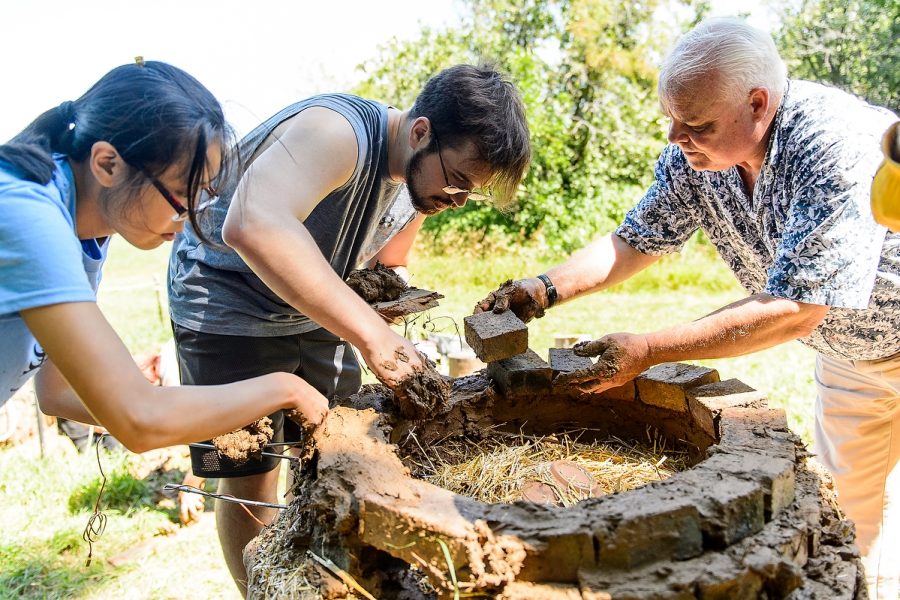
Artifacts and Technology
How do people make tools and other objects? What do the different shapes and decorative elements of tools mean?
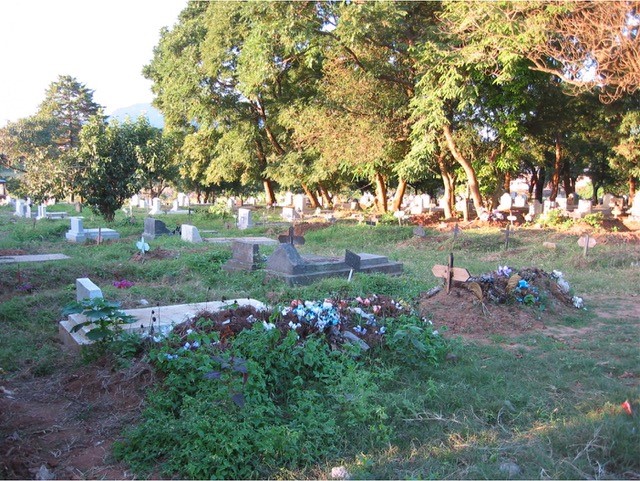
Death, Dying, and Human Resilience
How do people register the social facts of disease, death, and dying? How has human engagement with death changed in the era of climate change and, now, a global pandemic? We investigate the social dimensions of socio-ecological and human mortality and resilience from the time of humans’ deep history to the present.